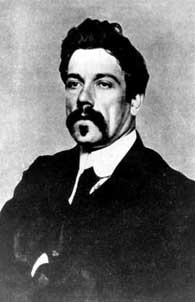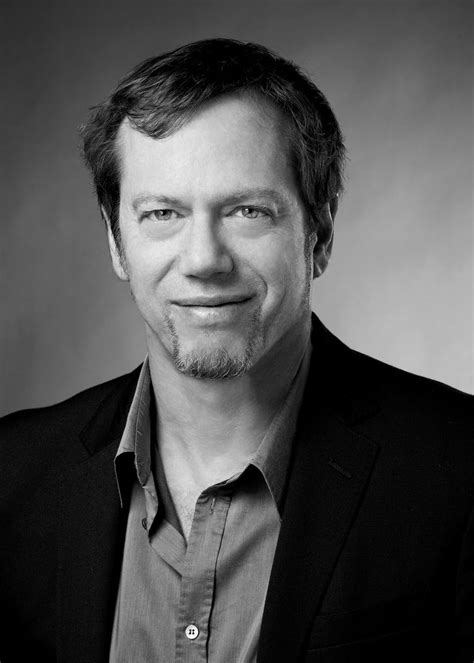A Quote by Mark Twain
Barring that natural expression of villainy which we all have, the man looked honest enough.
Related Quotes
It is evident that the right of acquiring and possessing property, and having it protected, is one of the natural, inherent, and unalienable rights of man. Men have a sense of property: Property is necessary to their subsistence, and correspondent to their natural wants and desires; its security was one of the objects, that induced them to unite in society. No man would become a member of a community, in which he could not enjoy the fruits of his honest labour and industry.
As a man has no right to kill one of his children if it is diseased or insane, so a man who has made the gradual and conscious expression of his personality in literature the aim of his life, has no right to suppress himself any carefully considered work which seemed good enough when it was written. Suppression, if it is deserved, will come rapidly enough from the same causes that suppress the unworthy members of a man's family.
There are no crimes and no criminals in these days. What is the use of having brains in our profession? I know well that I have it in me to make my name famous. No man lives or has ever lived who has brought the same amount of study and of natural talent to the detection of crime which I have done. And what is the result? There is no crime to detect, or, at most, some bungling villainy with a motive so transparent that even a Scotland Yard official can see through it.
I think it's too easy often to find a villain out of the headlines and to then repeat that villainy again and again and again. You know, traditionally, America has always looked to scapegoat someone as the boogie man... there is a tradition in the most simplistic of action movies for there to be some horrible villain.
It is almost impossible to be a doctor and an honest man, but it is obscenely impossible to be a psychiatrist without at the same time bearing the stamp of the most incontestable madness: that of being unable to resist that old atavistic reflex of the mass of humanity, which makes any man of science who is absorbed by this mass a kind of natural and inborn enemy of all genius.
I have called this principle, by which each slight variation, if useful, is preserved, by the term Natural Selection, in order to mark its relation to man's power of selection. But the expression often used by Mr. Herbert Spencer of the Survival of the Fittest is more accurate, and is sometimes equally convenient.





































